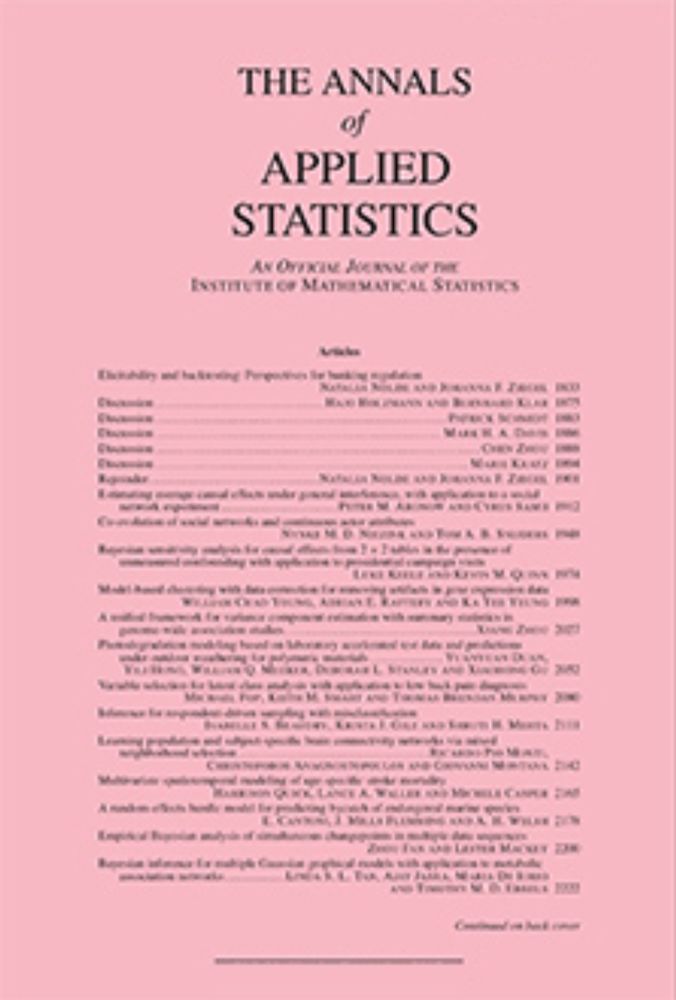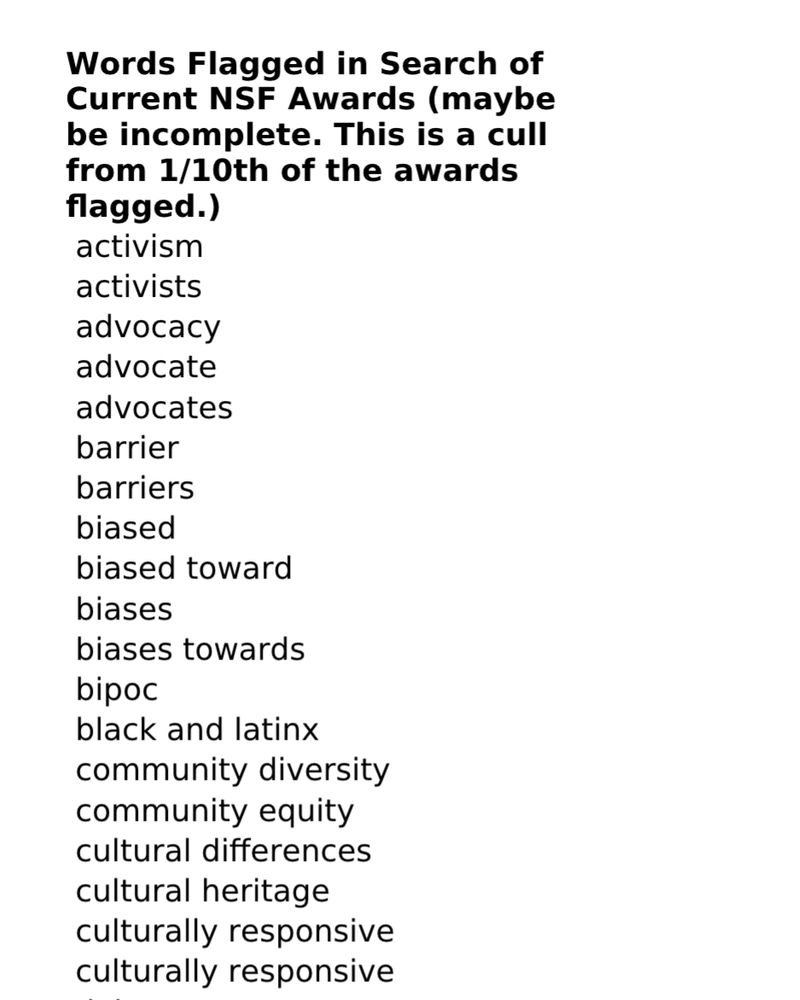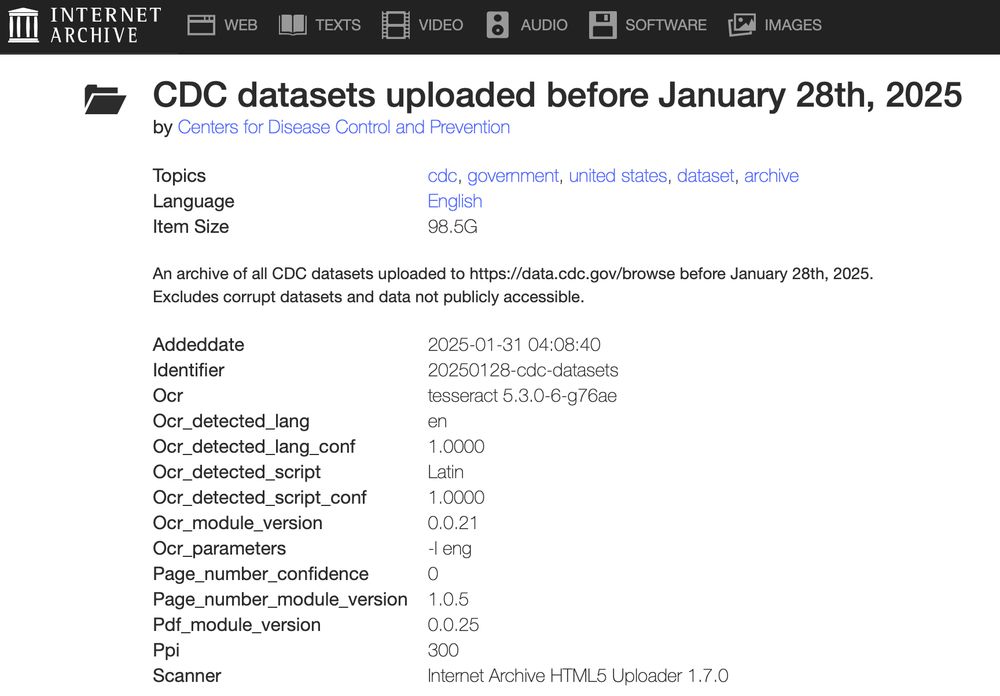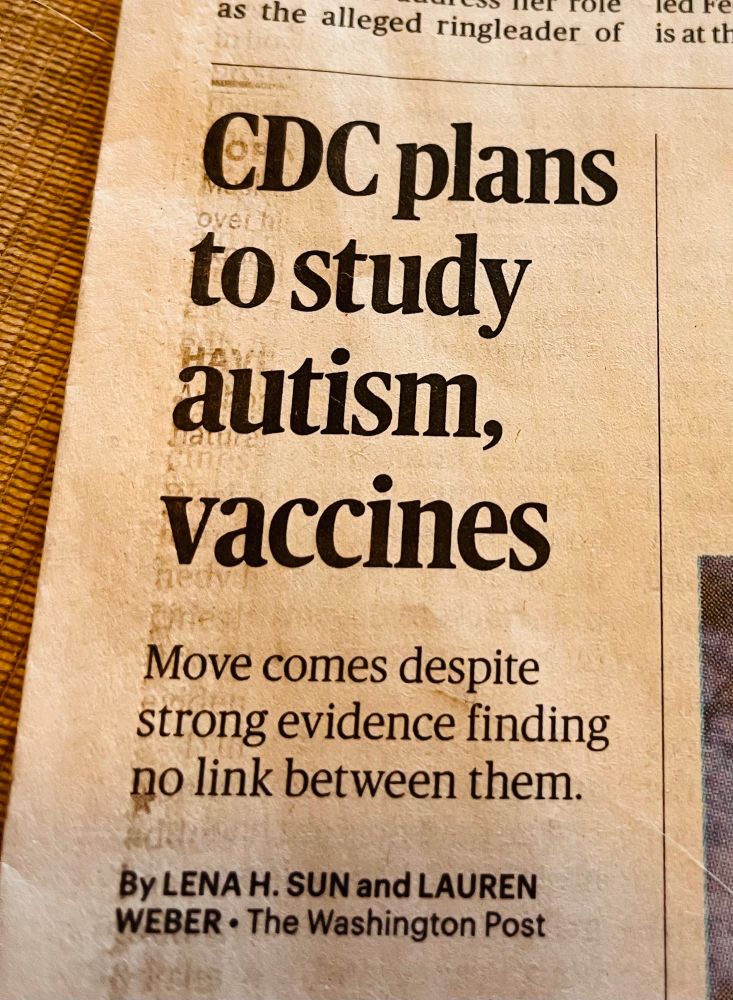
www.reddit.com/r/JewsOfCons...

www.reddit.com/r/JewsOfCons...
@jabfm.bsky.social @rushmedical.bsky.social @wifamilymedicine.bsky.social
@jabfm.bsky.social @rushmedical.bsky.social @wifamilymedicine.bsky.social


www.healthaffairs.org/content/fore...

www.healthaffairs.org/content/fore...

ja.ma/4b5LsIt

ja.ma/4b5LsIt
Hearing ongoing now, and I'll try to live tweet some notable exchanges.
Prior to more detailed arguments, Judge Kelley starts off with a few point questions to both sides:
(I'm paraphrasing here)
Hearing ongoing now, and I'll try to live tweet some notable exchanges.
Prior to more detailed arguments, Judge Kelley starts off with a few point questions to both sides:
(I'm paraphrasing here)
My new commentary in AJE's collection on Methods in Social Epidemiology lays out rec's for researchers, public health practitioners, and data owners.
DM your email address if you need access.

My new commentary in AJE's collection on Methods in Social Epidemiology lays out rec's for researchers, public health practitioners, and data owners.
DM your email address if you need access.
#EpiSky #ScienceSky

#EpiSky #ScienceSky
This lost time will never be recovered. The economic cost to Pennsylvania is enormous and the cost to humanity immeasurable.
This lost time will never be recovered. The economic cost to Pennsylvania is enormous and the cost to humanity immeasurable.
eric.ed.gov
eric.ed.gov
1/
1/


This is what every professional medical organization should be doing right now
#MedSky
www.acog.org/clinical/cli...

This is what every professional medical organization should be doing right now
#MedSky
www.acog.org/clinical/cli...

Incredible work everyone. Science will never be silenced!

Incredible work everyone. Science will never be silenced!



